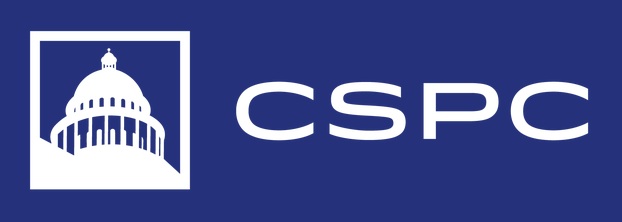2020-2021 Fellows Review
Over the last year, the United States has faced immense challenges, including a raging pandemic, long- simmering racial divides coming to a head, and a bitter election cycle that ended with an armed insurrection against the U.S. Capitol. These events have tested our faith in government and in one another. But even as we despair over all that has been lost, the work has already begun to rebuild, reenergize, and renew the foundations of our democracy. We see this in the frontline workers bravely putting their lives on the line to heal their fellow citizens and inoculate them against the virus, in the activists and community leaders joining together to bring about change and realize a vision of a more perfect union for all, and in the political leaders working to offer a more hopeful brand of politics. I see it first-hand in the students that we serve through the Center’s Presidential Fellows programs. Our Fellows have every reason to be frustrated and disengaged with our political system and nevertheless their belief in what is possible endures. Even with the tremendous hurdles they have each faced, our 2020-2021 class of Fellows has been resilient, maintaining a sense of optimism about the journey ahead even while acknowledging the problems that we must collectively face.
Their optimism gives me faith that if we invest in our youth and give them the tools to create change, we can meet the challenges we face head on and build the foundation for a more prosperous and equitable future.
With this outlook in mind, I am proud to present the outstanding research of the 2020-2021 Presidential Fellows. In the pages that follow, you’ll find in-depth research on topics ranging from voter disenfranchisement to presidential authority to launch offensive cyberattacks. We are immensely proud of the work these Fellows produced under difficult circumstances in a primarily virtual environment.
I would especially like to recognize five Fellows whose research merited special distinction:
Kassie Sarkar from Emory University was awarded The Donald B. Marron Award for the Best Historical Analysis for her exploration of South Asian identity and activism in American politics through the lens of Vice President Kamala Harris’s path to the Vice Presidency.
Diego Vasquez from the University of Toronto was awarded the David M. Abshire Award for the Most Outstanding Paper by an International Fellow for his analysis of the U.S. military’s response to unipolarity during the collapse of the Soviet Union.
Manuka Stratta from Stanford University was awarded the Richard H. Solomon Award for the Most Original Paper on Foreign Policy or Diplomacy for her exploration of a U.S. diplomatic agenda to lead on 5G technology.
Dean Farmer from the University of Kentucky was awarded the James R. Moffett Award for the Most Original Paper on the Modern Presidency or Congress for his examination of the wage impact of the H-1B visa program on domestic workers.
Ryan Johnson from the United States Military Academy at West Point was awarded the Robert A. Kilmarx Award for the Best Military, Intelligence, or National Security Strategic Analysis for his research on Congressional oversight of military affairs.
These pieces and 18 other research papers are included in this year’s Presidential Fellows Review. The Center is proud to publish this work, and we congratulate all of the members of the 2020-2021 class on their successful completion of the Presidential Fellows program.
While it was an unusual year that was centered on Zoom-enabled engagements, our Fellows still had outstanding experiences meeting virtually with Senator Blanche Lincoln and Congressman Mike Rogers to talk about how to launch a political campaign; learning from former White House Chief of Staff to President George W. Bush, Joshua Bolten, and former Deputy Secretary of Labor Chris Lu about the art of a presidential transition process; and engaging with award-winning journalists like Astead Herndon from the New York Times and Tia Mitchell of the Atlanta Journal-Constitution to conduct a post-mortem on the 2020 elections.
None of these experiences would have been possible without the support of our Fellowship sponsors. We are thankful for their contributions which allow us to provide substantive and meaningful opportunities for our Fellows. We are also thankful to the participating universities for their guidance and support of their students.
We are indebted to Sarah Naiman for her editorial work on this publication under the guidance of Erica Ngoenha, Director of the Presidential Fellows Program.
I hope as you read through this collection of research papers, you’ll be inspired, as I have been, by the promise of these future leaders.
Glenn C. Nye III
President & CEO
Center for the Study of the Presidency and Congress

